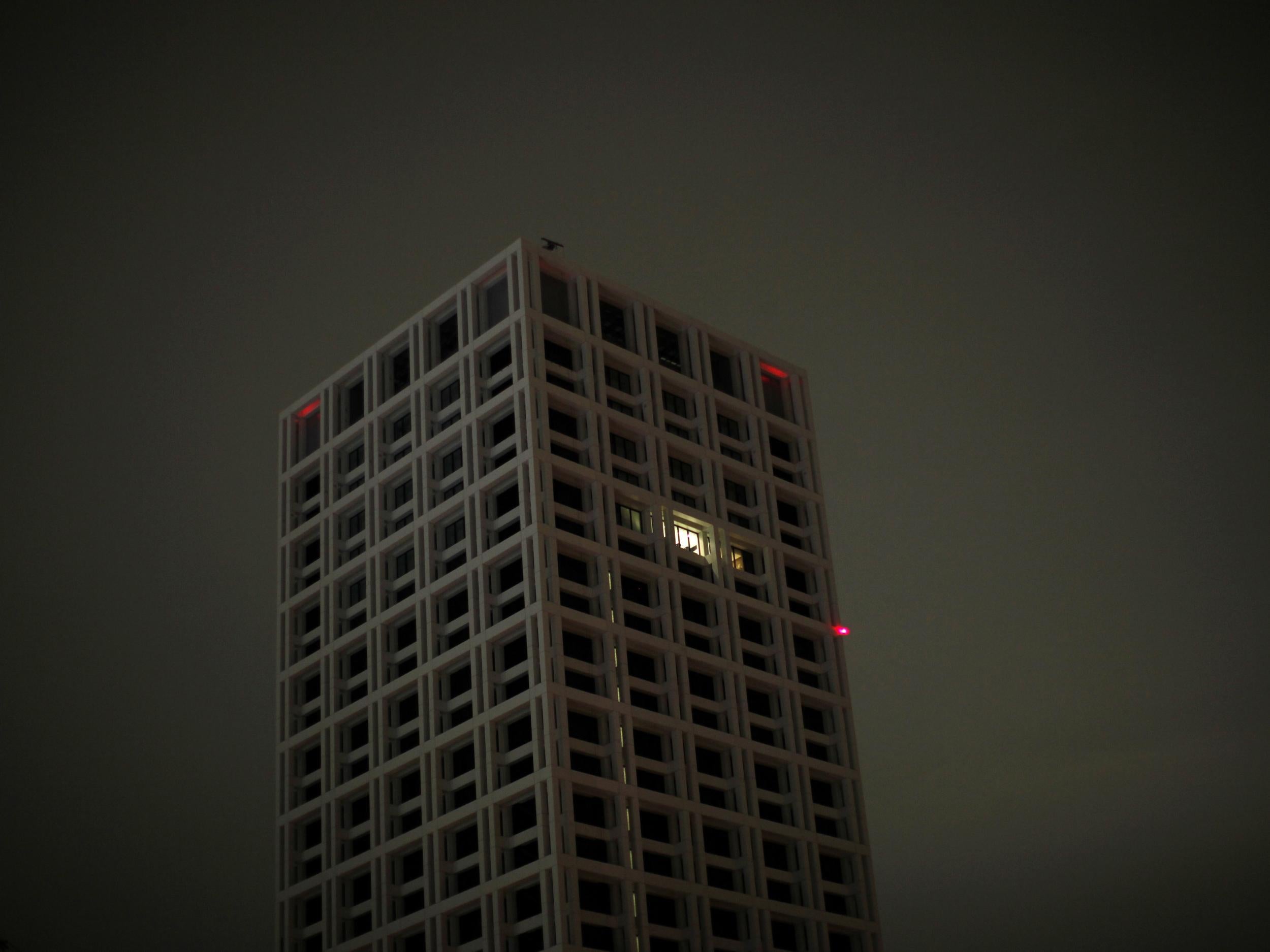Half a million young people in Japan barely leave their homes
'They want to go out in the world, they want to make friends or lovers, but they can't'

Your support helps us to tell the story
From reproductive rights to climate change to Big Tech, The Independent is on the ground when the story is developing. Whether it's investigating the financials of Elon Musk's pro-Trump PAC or producing our latest documentary, 'The A Word', which shines a light on the American women fighting for reproductive rights, we know how important it is to parse out the facts from the messaging.
At such a critical moment in US history, we need reporters on the ground. Your donation allows us to keep sending journalists to speak to both sides of the story.
The Independent is trusted by Americans across the entire political spectrum. And unlike many other quality news outlets, we choose not to lock Americans out of our reporting and analysis with paywalls. We believe quality journalism should be available to everyone, paid for by those who can afford it.
Your support makes all the difference.More than half a million young people in Japan have shunned society and chosen to live isolated lives, according to a survey released by the government.
The phenomenon, called “hikikomori”, is defined by the Japanese Health, Labor and Welfare Ministry as people who have stayed in their home for six months or more without going to school, work or venturing out to socialise.
The survey found that 541,000 15 to 39-year-olds were living in isolation. The figure is actually lower than was estimated in the 2010 cabinet office survey, when 696,000 were thought to be suffering from hikikomori.
However, those who do withdraw are doing so for longer, according to the study, as those who have shut themselves in their homes for at least seven years accounted for 35 per cent of the total. Another 29 per cent have lived as recluses for three to five years, The Japan Times reported.
There are more older recluses too – the number of those aged between 35 and 39 has doubled in six years, according to the survey.
Yet an accurate picture of who is suffering from hikikomori is difficult to determine given the reclusive nature of those suffering from it.
Having first emerged as a mass behaviour in the 1990s, the condition is not yet classified as an official disorder and there is no recommended treatment.
Doctors believe psychological and cultural influences combine to make young people feel they need to withdraw entirely.
The condition is far more common in men, who face huge pressures to succeed early in life, both at school and in their careers.
It is also more prevalent among the middle classes – those who isolate themselves are often well educated.
Sufferers of hikikomori often play video games or read comics at home, rather than interacting with others.
But psychologists say this is not caused by laziness.
Tamaki Saito, a Japanese psychologist has described living with the condition as being “tormented in the mind”.
"They want to go out in the world, they want to make friends or lovers, but they can't,” he told the BBC.
The phenomenon is not limited to Japan. One study in 2015 found documented cases of hikikomori-style social reclusion in the US, China, and Spain among other countries.
Join our commenting forum
Join thought-provoking conversations, follow other Independent readers and see their replies
Comments